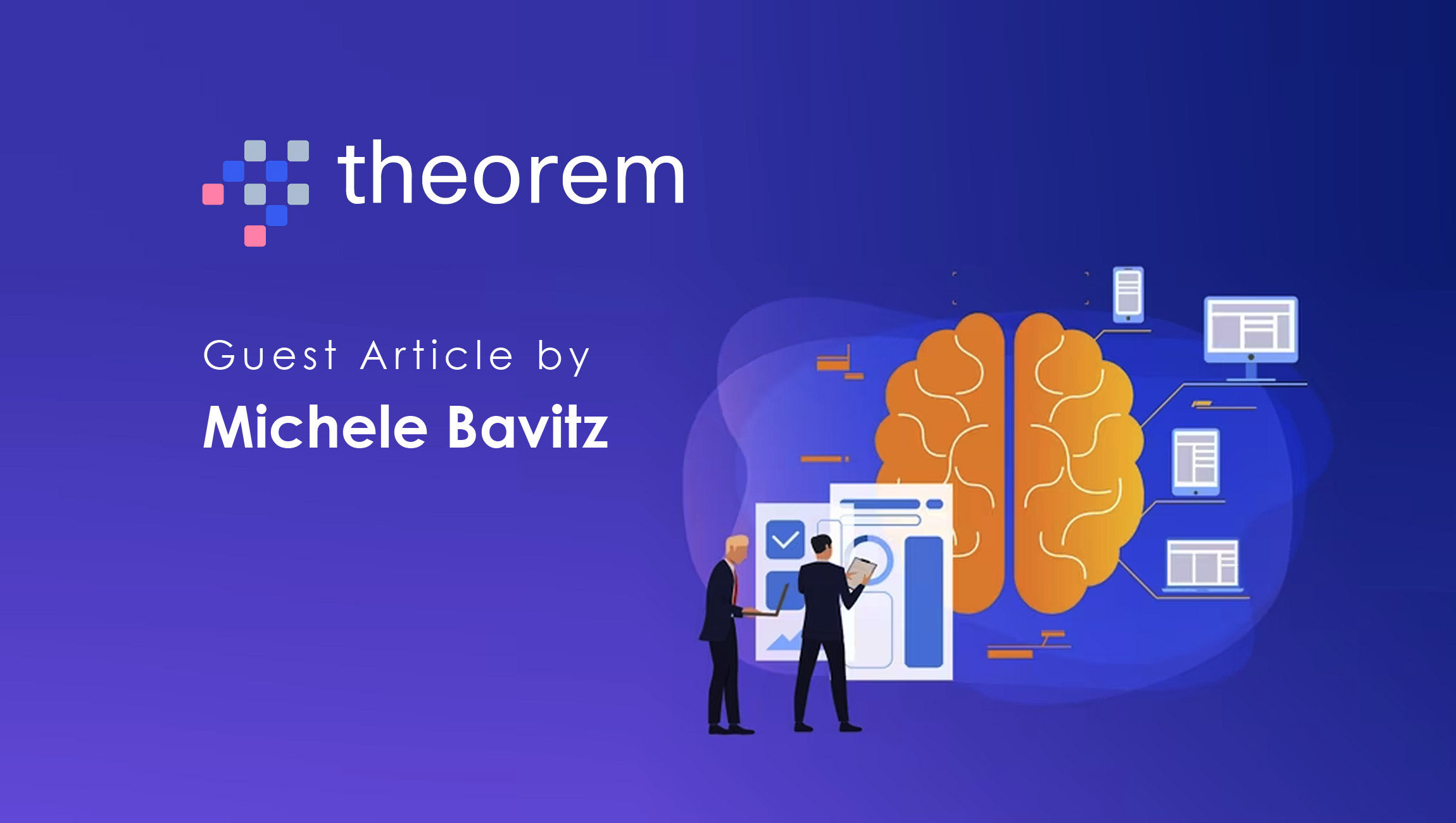The ad ops process is a driving force behind revenue streams of the media and entertainment industry, and with quickening AI adoption, it has an even bigger opportunity to be improved. Ad ops is a highly manual process prone to human error and inefficiencies, which often leads to a backlog of orders and a loss of revenue for brands.
AI comes with a learning curve, but its integration into processes appears to be inevitable – a question of when, not if. Publishers that are slow to adopt AI will find themselves falling behind competitors and struggling to thrive in the changing landscape.
The Ad Ops Landscape
Ad ops is a tough job and it doesn’t get the attention it should…until something goes wrong. Even though the department is the last stop on a long chain of delivering and trafficking advertisements, if something goes wrong, the ad ops team is held accountable. This can have a negative impact in morale across ad ops teams and result in lack of passion and disengagement from day-to-day work and goals.
When departments and team members are not engaged, there is a higher probability for human error. Say an error occurs when a team is trafficking a campaign. Maybe the team ran an impression-based campaign to the wrong audience targets or with the wrong URL. These errors can happen when processing thousands of campaigns daily, and as a result, often require make-goods to the customer to ensure they achieve optimal results. These make-goods can end up costing hundreds of thousands of dollars.
End-to-end, the ad ops process is comprised of many error-prone tasks – from reporting to campaign management to trafficking and optimization. This is precisely why automation can play such an important role.
It might be counter-intuitive to think, but automation and AI integration can create happier teams. This is because people are better at thinking and strategizing. The offloading of some of the manual processes allows highly technical teams to work more efficiently, manage clients and campaigns, and develop career paths around areas of strategy optimization and client growth. This also produces happier clients and amplifies the speed of revenue recognition cycles – all which contribute to overall business success and increased ROI.
Marketing Technology News: MarTech Interview with Denise Vu Broady, CMO at Collibra
Considerations When Adopting AI – Data Privacy
Data privacy is among the biggest challenges to AI adoption.
We’ve seen over the last few years the introduction of online privacy laws like the California Consumer Privacy Act and the Virginia Consumer Data Privacy Act that put strict limitations on how brands collect consumer data. Existing business practices around protecting client data are also prevalent. It’s important to consider laws, regulations and existing contracts prior to implementing AI to ensure that data protection remains compliant.
These considerations are usually discussed with IT and cybersecurity teams, who are more in tune with data storage systems, access protocols and processes that impact data usage..
One general best practice that is key for implementing automation is a solid data documentation process, which will help teams address data privacy concerns.
Future Opportunities
Providing teams with the right tools and preparing them for the change is critical to the success of AI implementation. AI and automation processes by nature are heavily technical which can be overwhelming. Providing clarity and supplying teams with necessary tools and information, like white papers, instruction videos and tutorials, to understand where AI and automation will help them and what new projects they can work on will alleviate concerns and ease the transition
With the introduction of AI in ad ops, we will likely see a shift for professional development in the space. Ad op teams will hone their AI skills and develop two career tracks: one focused on the technical side, meaning infrastructure projects or client success. The other on client strategy, focusing on campaign management and building strong client relationships. AI presents new opportunities for ad ops teams to grow and evolve their career paths in new and fulfilling ways.
AI also helps redefine strategies for brands. Many brands are looking for new ways to reach audiences without depending on cookies, and AI helps drive that through contextual targeting. By leveraging content triggers that aggregate users into cohorts, AI can help brands analyze users and group them by relevant similarities, allowing more in-depth and accurate reach.
AI is here to stay and will soon be implemented across processes and workflows in nearly every industry. While often overlooked as an area for optimization and revenue growth, ad ops is a critical element to the ad monetization process. Using AI to create new efficiencies for teams that lead to new career paths and opportunities as well as higher revenue potential can be a win-win, especially when considered thoughtfully.
Marketing Technology News: Unlocking the Power of Location and Time-Based Data in DOOH Advertising











